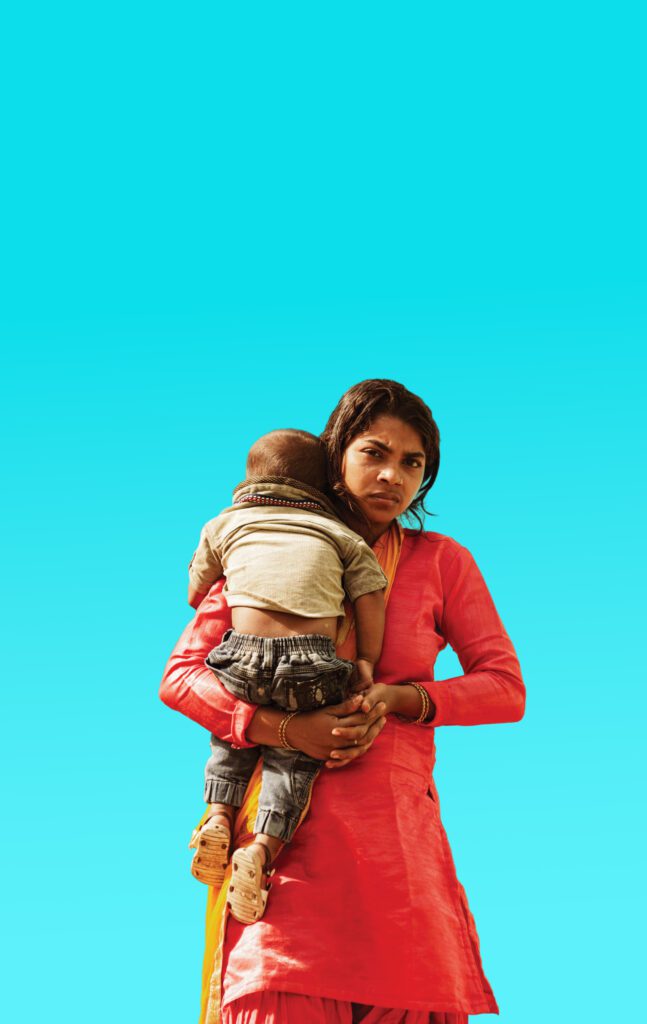
Hunger during recession is tragic, during economic growth it’s an inexcusable betrayal
During the holidays the Commerce department reported the economy grew last quarter at its fastest rate in a decade. Economic output rose 5% over the summer. Business investment and consumer spending increased. Unemployment is steadily falling. @ http://www.nytimes.com/2014/12/24/business/us-q3-gdp-revised-up-to-5-percent.html?src=me
Hunger during a recession is tragic. During periods of economic growth hunger is inexcusable, a failure of our institutions and leadership, and a betrayal of the people they serve.
A growing economy make our work both easier and harder, in these ways:
First, corporate partners, donors, clients, and other stakeholders are in a better position to support us more generously. We should see even stronger revenues and more resources to support our mission.
Second, during recession and recovery, there is increased attention to those struggling with poverty and hunger. When the economy starts to grow again, news coverage shifts to those making and spending new fortunes. Hunger is not top of mind.
Third, even in periods of economic growth, millions of Americans are left behind. The growing economy often does not reach them. This creates even greater responsibility during the good times to make sure America’s blessings are shared by all.
Finally, there never seems to be a good time to act boldly on poverty in America. When the economy struggles, opponents of support for the poor ask “how are we going to pay for this?” When the economy booms nobody wants to be distracted by negative news about poverty. That’s where we come in. In his Christmas card this year, Rep. Jim McGovern, a great anti-hunger champion, quotes El Salvador’s assassinated Archbishop Oscar Romero: “Those who have a voice must speak for the voiceless.” Likewise, those with strengths must share theirs, and create vehicles for others to share their strength as well.
A growing economy is a whole new ballgame. In 2015 we’ll solidify No Kid Hungry’s first phase: compelling proof of concept in key states where we’ve made substantial investment, plus inspiring results in other parts of the country. We will lay the foundation for going from proof to scale between 2016-2020.
But because economic growth will not be even or equal, our fight is not just against hunger, but also economic injustice. Economic growth helps build a strong nation. But we can’t have a strong America with weak kids. We must not only be the voice for school breakfast and summer meals, we must be the voice that says we won’t allow bureaucracy, politics or indifference to stand between a hungry child and a healthy meal.


